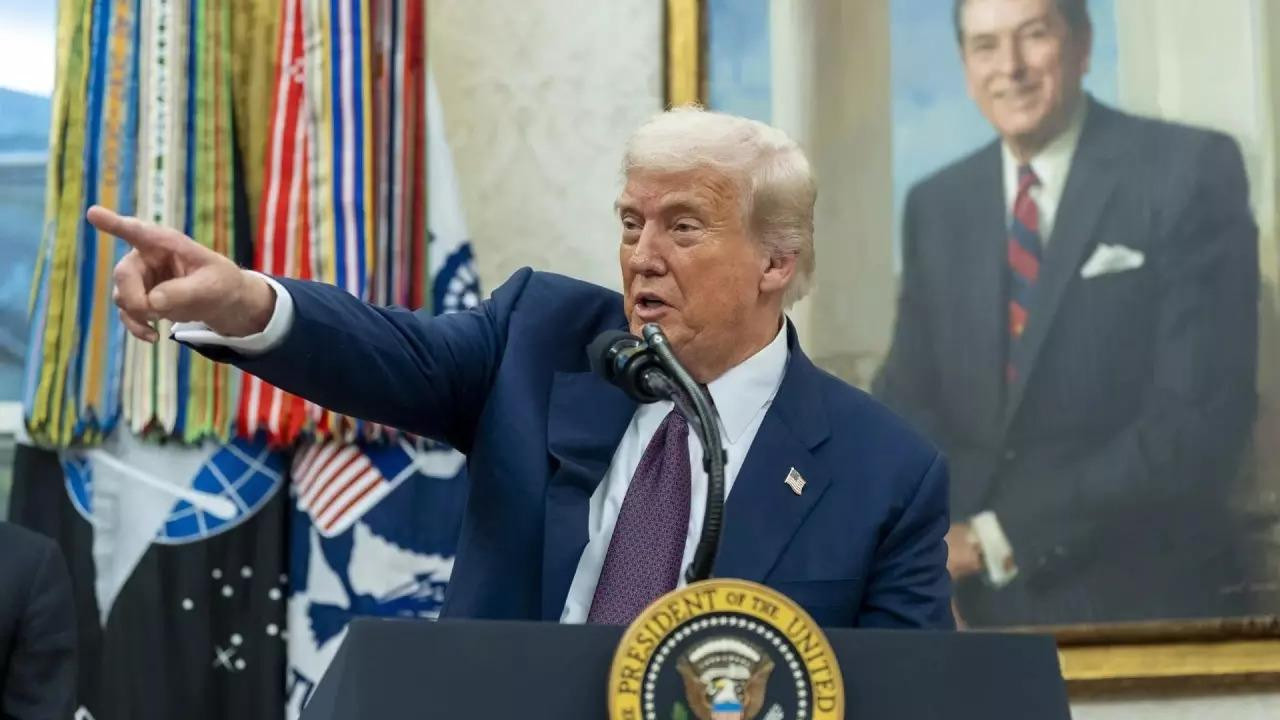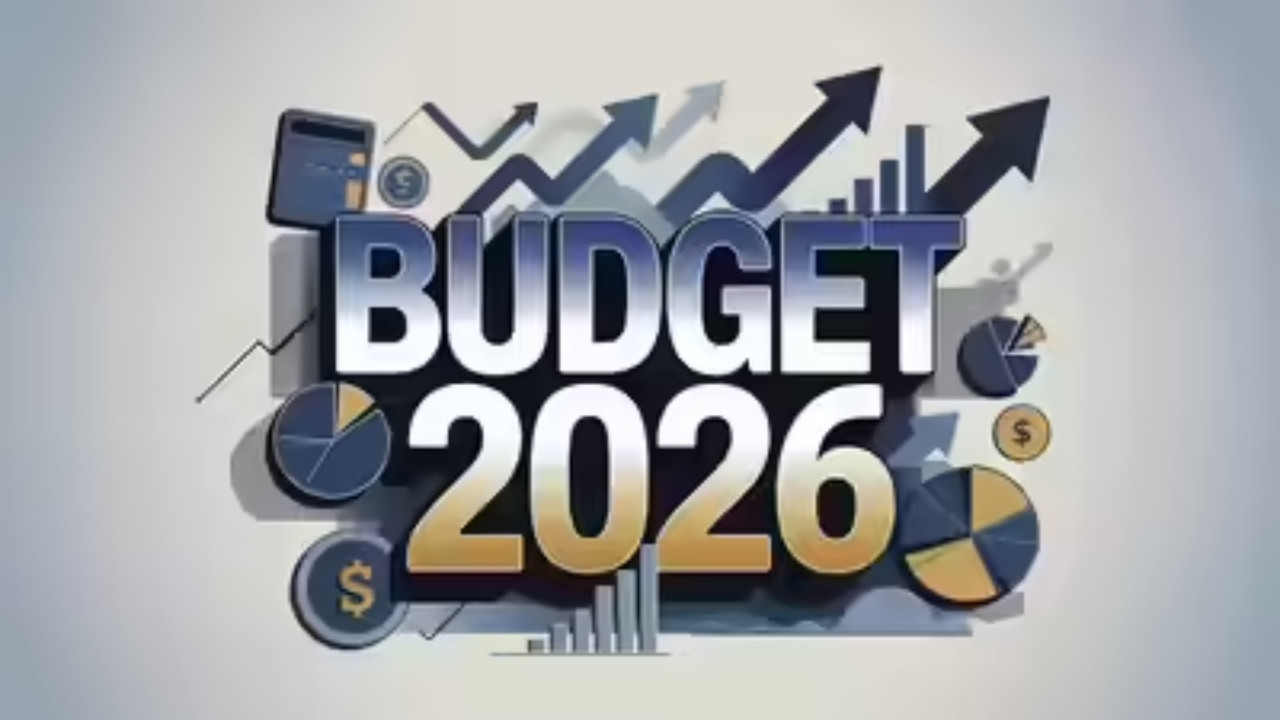IndusInd Bank: SEBI Just Hit the ‘Undo’ Button on That Whole Insider Trading Thing
That, in a slightly more serious and less colorful nutshell, is what SEBI, the Securities and Exchange Board of India, just did with its order concerning alleged insider trading at IndusInd Bank. They basically realized they jumped the gun a bit and hit the ‘undo’ button.
Last month, SEBI issued an order implicating certain individuals in insider trading related to unpublished price-sensitive information (UPSI) regarding IndusInd Bank’s NPA (Non-Performing Asset) figures. The initial verdict? These individuals were found to have traded on this information before it was publicly released, giving them an unfair advantage and potentially reaping illicit profits. That’s a serious allegation, and when SEBI makes such a pronouncement, the market pays attention.
The order sent ripples through the financial world. Stocks dipped, fingers were pointed, and lawyers scrambled. It was a whole…thing.
But then, a plot twist! SEBI, after a re-evaluation (which is regulator-speak for “we took another look and, uh, maybe we were a little hasty”), has partially reversed its decision. Specifically, they’ve withdrawn the findings against some of the individuals initially implicated.
Now, let’s unpack this a little. The original order centered around the leak of NPA data. NPA figures, as any seasoned investor knows, are critical for evaluating a bank’s health. If a bank’s NPA figures are high, it suggests a problem with the quality of its loan book, and that can spook investors faster than you can say “credit risk.”
The crux of the matter was whether certain individuals possessed this NPA information before it was made public and whether they used it to trade IndusInd Bank shares. SEBI’s initial investigation suggested they did. However, after a fresh look, SEBI seems to have concluded that the evidence wasn’t as airtight as they initially thought, at least for some of the accused.
So, why the change of heart? Well, the specific reasons haven’t been laid out in excruciating detail. But the revised order hints at a reassessment of the evidence and arguments presented by the parties involved. Perhaps certain individuals provided compelling counter-evidence, or maybe SEBI realized there were gaps in their initial analysis.
This isn’t a complete exoneration, though. The investigation is still ongoing for some individuals, and the potential for penalties remains. The whole situation serves as a stark reminder that trading on insider information carries significant risk. The allure of quick profits can be incredibly tempting, but the consequences of getting caught are far from pleasant. Fines, bans from the market, and even criminal charges are all possibilities.
What does this all mean for IndusInd Bank? For starters, it’s probably a bit of a relief. The initial SEBI order undoubtedly cast a shadow over the bank. The partial reversal should help restore some investor confidence and alleviate concerns about widespread misconduct. However, the lingering investigation will likely keep a degree of scrutiny focused on the bank for the foreseeable future.
More broadly, this episode underscores the complexities of regulating financial markets. Proving insider trading is notoriously difficult. Information travels quickly, and it can be challenging to trace the source and establish a clear link between the possession of UPSI and specific trading activity. SEBI is often walking a tightrope, trying to balance the need to protect investors and maintain market integrity with the risk of overreach and unjustly penalizing individuals.
The IndusInd Bank case is a reminder that regulatory actions are not always set in stone. Information is fluid, perspectives evolve, and even regulators can change their minds. This entire episode serves as a good object lesson on staying on top of the latest developments in the market to get a comprehensive view on how events unfold. It also shows that even regulatory decisions can undergo revisions to better align with facts. It’s a messy, complicated world out there, and even those in charge of keeping things tidy can occasionally stumble.
📬 Stay informed — follow us for more insightful updates!







